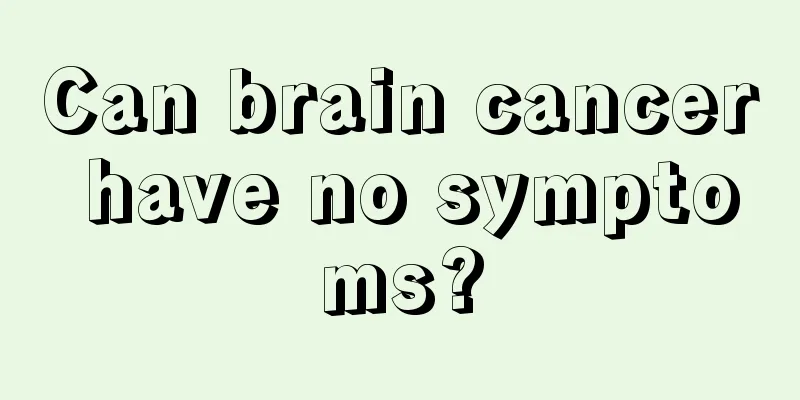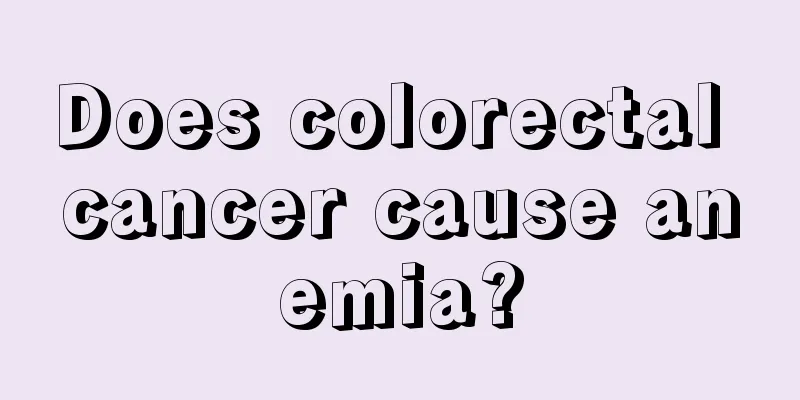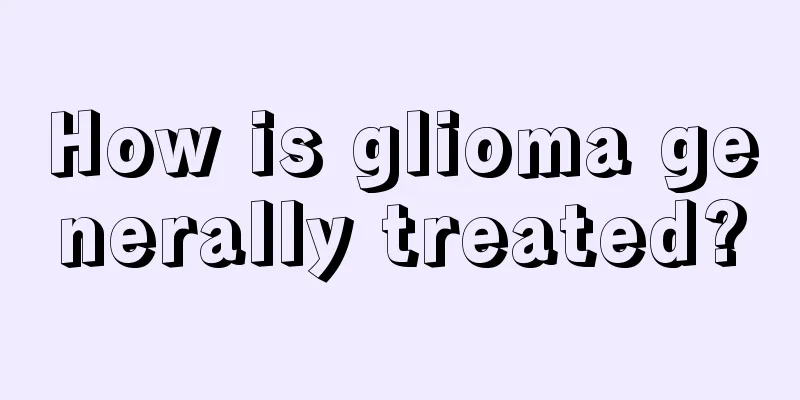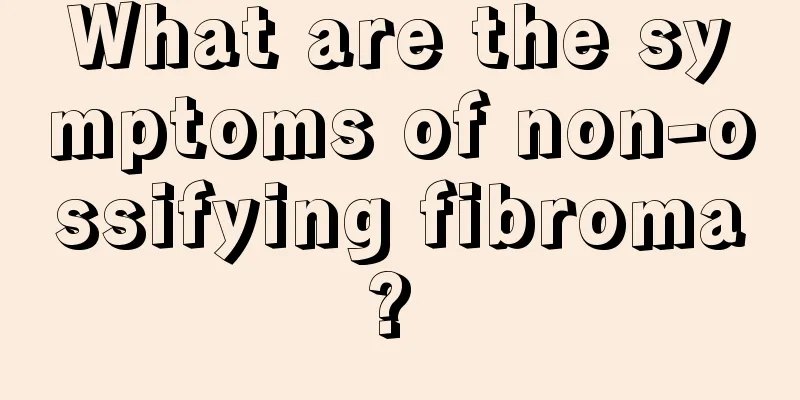Three types of treatment principles for paroxysmal atrial fibrillation
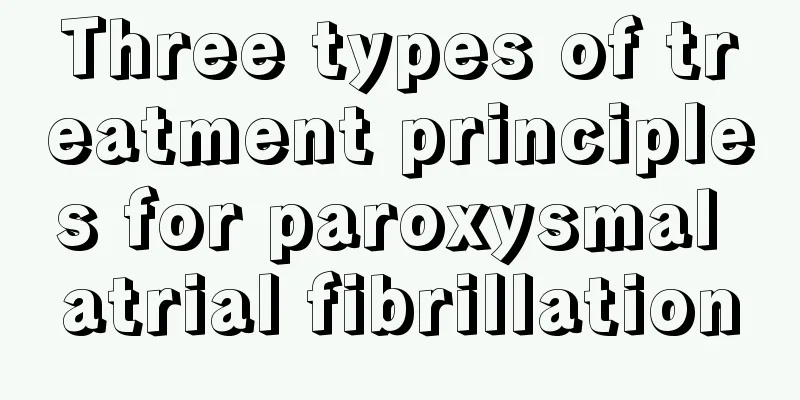
|
Paroxysmal atrial fibrillation does not cause much harm to the body, so it is not a big deal as long as it is not very serious. Patients with atrial fibrillation should maintain a good mood and not always be anxious or excited, otherwise it will only cause harm to their bodies. Now I will share with you the treatment principles of paroxysmal atrial fibrillation. 1. Control ventricular rate Patients with atrial fibrillation who do not have a rapid ventricular rate and are asymptomatic during an attack do not need treatment. If the ventricular rate is fast during an attack, beta-blockers, verapamil or digitalis preparations should be selected according to the degree of increase in heart rate and impact on circulatory function. In patients with organic heart disease, especially those with concurrent heart failure, intravenous administration of digitalis preparations is the first choice to control the ventricular rate below 100 beats/min, and then switch to oral administration to maintain the heart rate. The dosage should be adjusted so that the ventricular rate is between 60 and 70 beats/min at rest and does not exceed 90 beats/min during light activity. Atrial flutter usually turns into atrial fibrillation first, and sinus rhythm may be restored during the continuation or discontinuation of digitalis. A small number of patients with atrial fibrillation can also convert their heart rhythm to sinus rhythm after the above treatment. Atrial fibrillation with preexcitation syndrome, especially 2. Ventricular rate control receptor blockers The above-mentioned drugs are not suitable for treating patients with widened and deformed QRS complex. When sick sinus syndrome is combined with short bouts of atrial fibrillation, the above-mentioned drug treatment should be carried out on the basis of electrical pacing. 3. Cardioversion (1) Indications for cardioversion: Timely conversion to sinus rhythm can restore the atrium's role in assisting ventricular filling, thereby increasing cardiac volume and improving heart function; secondly, it can also prevent the formation of atrial thrombosis and embolism. Cardioversion may be considered in the following situations: ① Atrial fibrillation persists after the underlying cause has been removed, such as hyperthyroidism or after surgery for mitral valve disease; ② Patients with poor efficacy of digitalis preparations due to aggravated heart failure caused by the onset of atrial fibrillation; ③ Patients with a history of arterial embolism; ④ Patients with atrial fibrillation persisting for less than one year, with no significant cardiac enlargement and no serious heart damage; ⑤ Patients with atrial fibrillation and hypertrophic cardiomyopathy. The following situations are not suitable for cardioversion: ① Atrial fibrillation persists for more than one year and the cause has not been eliminated; ② Atrial fibrillation is accompanied by severe mitral regurgitation and a huge left atrium; ③ Atrial fibrillation with slow ventricular rate (not affected by drugs); ④ Paroxysmal atrial fibrillation combined with sick sinus syndrome; ⑤ Difficulty maintaining sinus rhythm after cardioversion. |
<<: Three major characteristics of atrial fibrillation and two high-risk groups
>>: The main characteristics of visceral pain are, do you know these two characteristics?
Recommend
What foods are better for students to eat to nourish their brains?
Students are the only hope of parents. Parents ho...
How to make steamed edamame rice
With the arrival of hot summer and the scorching ...
How are visceral fat levels classified
The human body's internal organs have a certa...
What happens if you drink acidic water for a long time
Water is one of the essential substances our body...
How many years can a person with rectal cancer usually live
The survival period of patients with rectal cance...
Keep farting at night
In fact, the gastrointestinal organs move fastest...
What to do if white clothes have mildew spots
We all know that in life many people will put som...
What should we pay attention to when having soft tissue infection? How to diagnose and check?
If skin and soft tissue infection occurs, changes...
What's the matter with the blue veins on the palm
Blue veins are not unfamiliar to many people. Man...
How to tie an ankle brace?
The ankle joint is one of the most important join...
What should I pay attention to in my diet if I have blood clots in my calf?
Calf thrombosis is very dangerous and can easily ...
Does washing vegetables in the sink cause germs? 7 ways to clean them, the more you wash, the dirtier they get
Many people are very hygienic, some even have mys...
Stomach problems always recur
Many people complain that stomach problems are di...
Is tongue cancer grade 1 serious?
The incidence of tongue cancer is also very high....
What does the mole on the waist represent? Does it mean "a mole that is very tall"?
Moles can appear anywhere on the human body. Mole...
